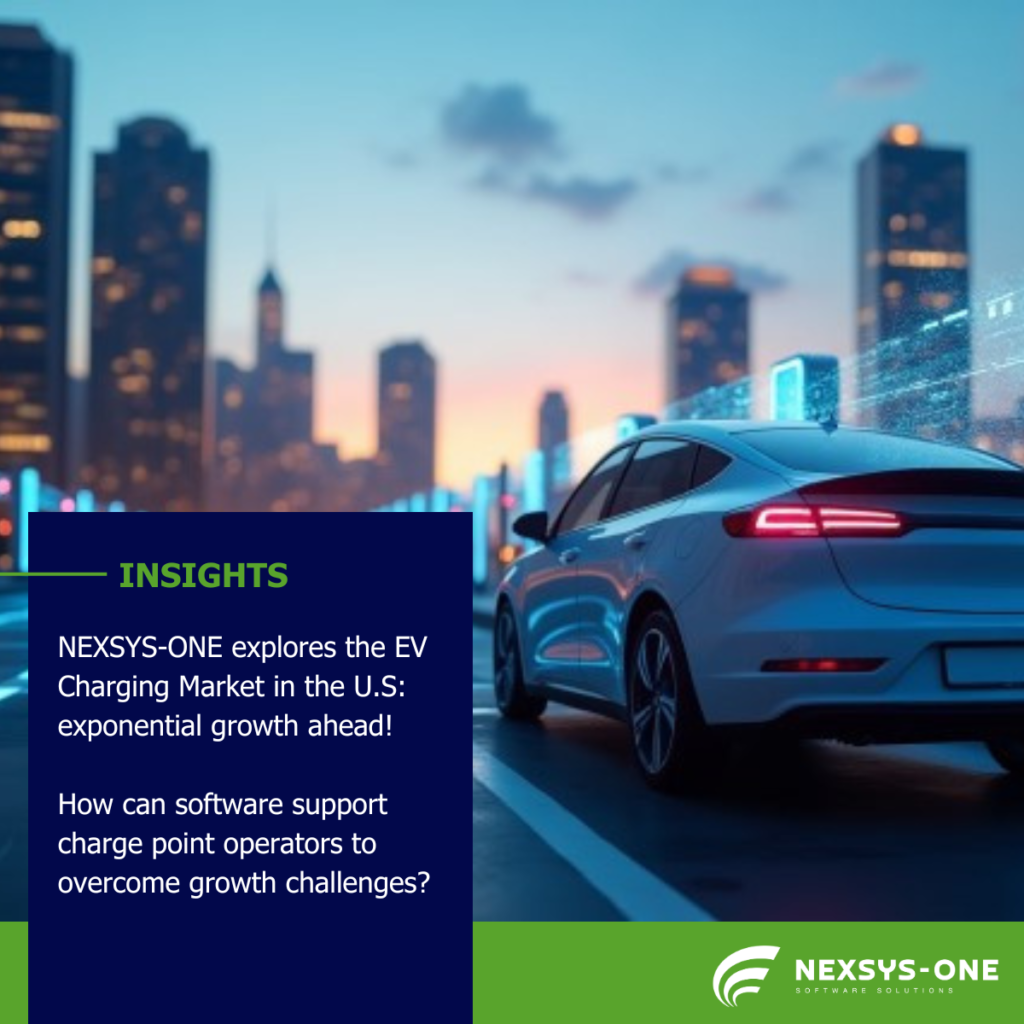Not All That Glitters Is Gold
A groundbreaking study led by a Harvard Business School fellow has revealed significant issues in the EV charging infrastructure, based on an analysis of 1 million consumer reviews from North America, Europe, and Asia over the past decade. The review uncovers widespread dissatisfaction, with drivers successfully recharging their vehicles using non-residential EV charging stations only 78% of the time. This points to major reliability challenges, but also highlights opportunities for business innovation.
As of April 2024, there are 64,000 public EV charging stations across the U.S., housing 169,000 charging outlets. However, to meet national targets of having half of all vehicles sold be zero-emission by 2030, the country will need an estimated 1.2 million public chargers and 28 million private outlets—a twentyfold increase from current numbers.
Despite this growth, several key challenges need to be addressed:
- Reliability Issues: Many EV drivers encounter broken or malfunctioning equipment, making charging far less predictable than traditional refuelling. The study finds that “no one is maintaining these stations,” leading to inconsistent service.
- Parking Conflicts: Gas-powered vehicles often occupy EV charging spots, creating further frustration for EV drivers.
- Pricing Confusion: Public charging stations frequently have unclear or inconsistent pricing, leading to customer dissatisfaction.
- Equity Concerns: The uneven distribution of public charging stations raises questions about fair access across different regions.
Significant Investment Programs Are Underway
Major players in the EV charging market are taking action to address these challenges.
- GM has committed $750 million in private investment to expand EV infrastructure, working with car dealerships and testing chargers at Flying J rest stops.
- The Biden Administration’s Bipartisan Infrastructure Law has allocated $7.5 billion to boost EV charging networks. Since 2021, EV sales have tripled, and public charging ports have grown by 40%, now totaling over 130,000. Tesla, GM, EVgo, Pilot Company, Hertz, and BP are all pledging to add thousands of new public charging stations in the next two years.
Some of the most notable developments include:
- Tesla will more than double its national Supercharger network.
- BP plans to invest $1 billion in U.S. EV charging by 2030.
- Pilot Company, GM, and EVgo are collaborating to build a coast-to-coast network of 2,000 high-power 350 kW fast chargers along major highways.
- TravelCenters of America and Electrify America will install 1,000 EV chargers at 200 locations over the next five years.
- Electrify America announced a $450 million investment in ultra-fast charging stations in partnership with Siemens and Volkswagen Group.
- Mercedes-Benz, ChargePoint, and MN8 Energy are rolling out over 400 charging hubs across North America.
- Francis Energy plans to expand into 40 states by 2030, with a goal of installing 50,000 charging ports.
- Ford will install public-facing DC Fast chargers at 1,920 dealerships across the country.
- Qmerit is scaling up its EV charger installations, with 450,000 already deployed and plans to add another 120,000 soon.
- The Department of Transportation’s NEVI Program is creating a $5 billion initiative to build a national network of electric vehicle chargers, focused on supporting long-distance trips.
Regulatory Support for Network Expansion
Regulation is also playing a key role in ensuring the growth of the EV charging network is sustainable and user-friendly. The **Federal Highway Administration’s (FHWA) new standards** set requirements for consistent plug types, power levels, and minimum numbers of chargers to meet fast-charging needs, with a 97% uptime reliability mandate. This also ensures drivers can easily locate and access chargers, while only needing one form of identification across all networks.
Additionally, the EV chargers will support future technologies like “Plug and Charge,” and workforce training programs like the Electric Vehicle Infrastructure Training Program (EVITP) will help ensure that the chargers are well-maintained by a skilled workforce.
Scaling EV Charging with advanced Software Solutions
Expanding EV charging infrastructure presents significant challenges for charge point operators, including limited grid capacity, site selection difficulties, and the absence of standardized design and operational guidelines. Advanced software solutions, such as those offered by NEXSYS-ONE, are instrumental in overcoming these hurdles by enhancing network interoperability, fleet management, and energy optimization. These tools enable operators to make data-driven decisions, ensuring long-term network viability while reducing costs and improving operational efficiency.
NEXSYS-ONE’s platform empowers operators to monitor and optimize their entire EV infrastructure from a single, intuitive dashboard. This includes managing charging locations, streamlining driver access, and controlling costs through load management. The software simplifies the organization, navigation, and troubleshooting of charging stations, making it a game-changer in the EV charging landscape. By improving operational efficiency, reliability, and resource allocation, it allows operators to respond to the evolving demands of EV users effectively.
Looking ahead, the role of charge point operator software in future-proofing EV networks is indispensable. These tools help operators stay ahead of regulatory changes, implement cutting-edge features via over-the-air updates, and optimize network builds to save costs through increased efficiency. As the EV market continues to expand, this technology will be key to ensuring the long-term success and sustainability of charging infrastructure, shaping a greener and more efficient transportation future.
Sources:
https://www.hbs.edu/bigs/the-state-of-ev-charging-in-america
https://www.statista.com/statistics/416750/number-of-electric-vehicle-charging-stations-outlets-united-states/
https://www.pwc.com/us/en/industries/industrial-products/library/electric-vehicle-charging-market-growth.html
https://www.mckinsey.com/industries/public-sector/our-insights/building-the-electric-vehicle-charging-infrastructure-america-needs
https://www.nexsysone.com/ev-charging-network-solution/


